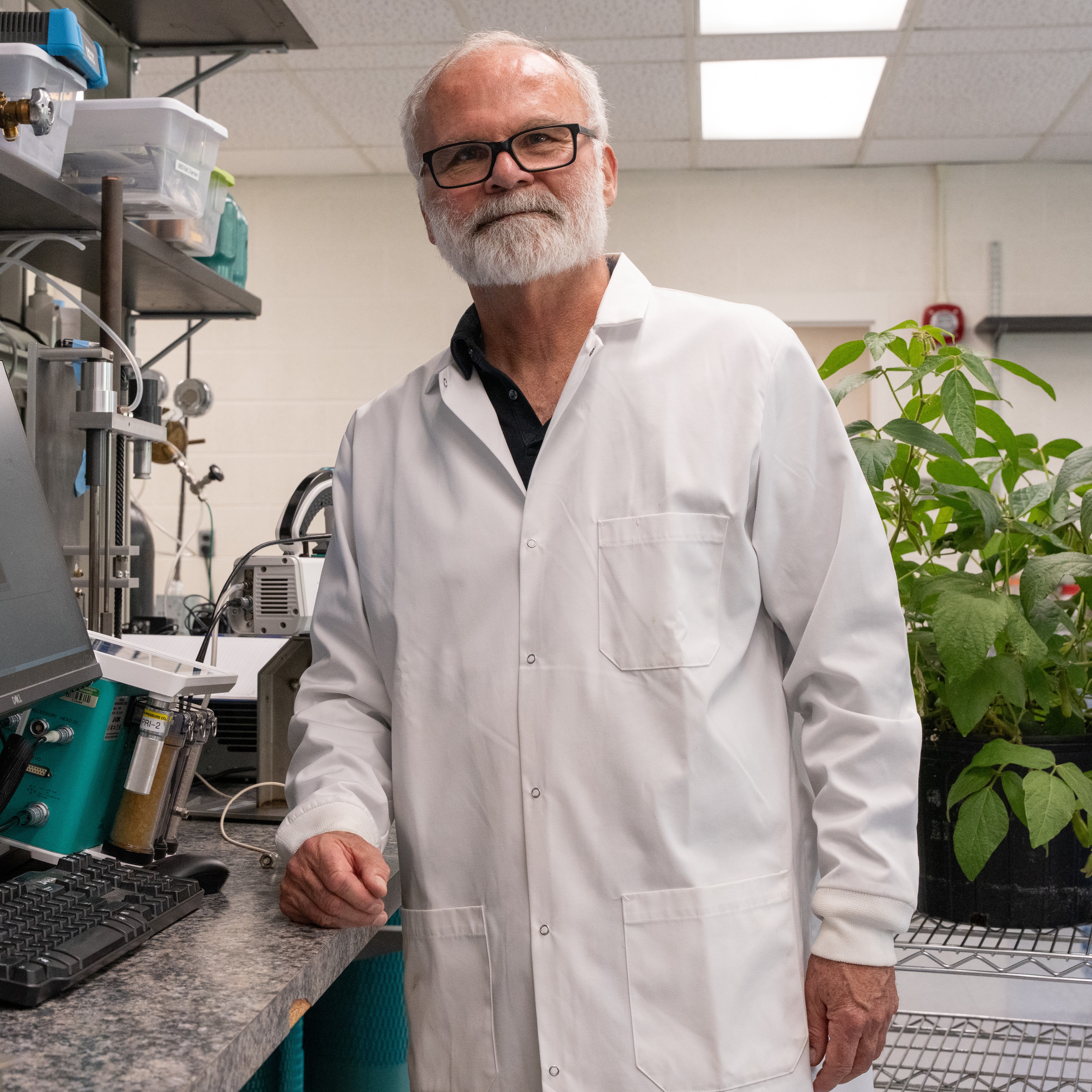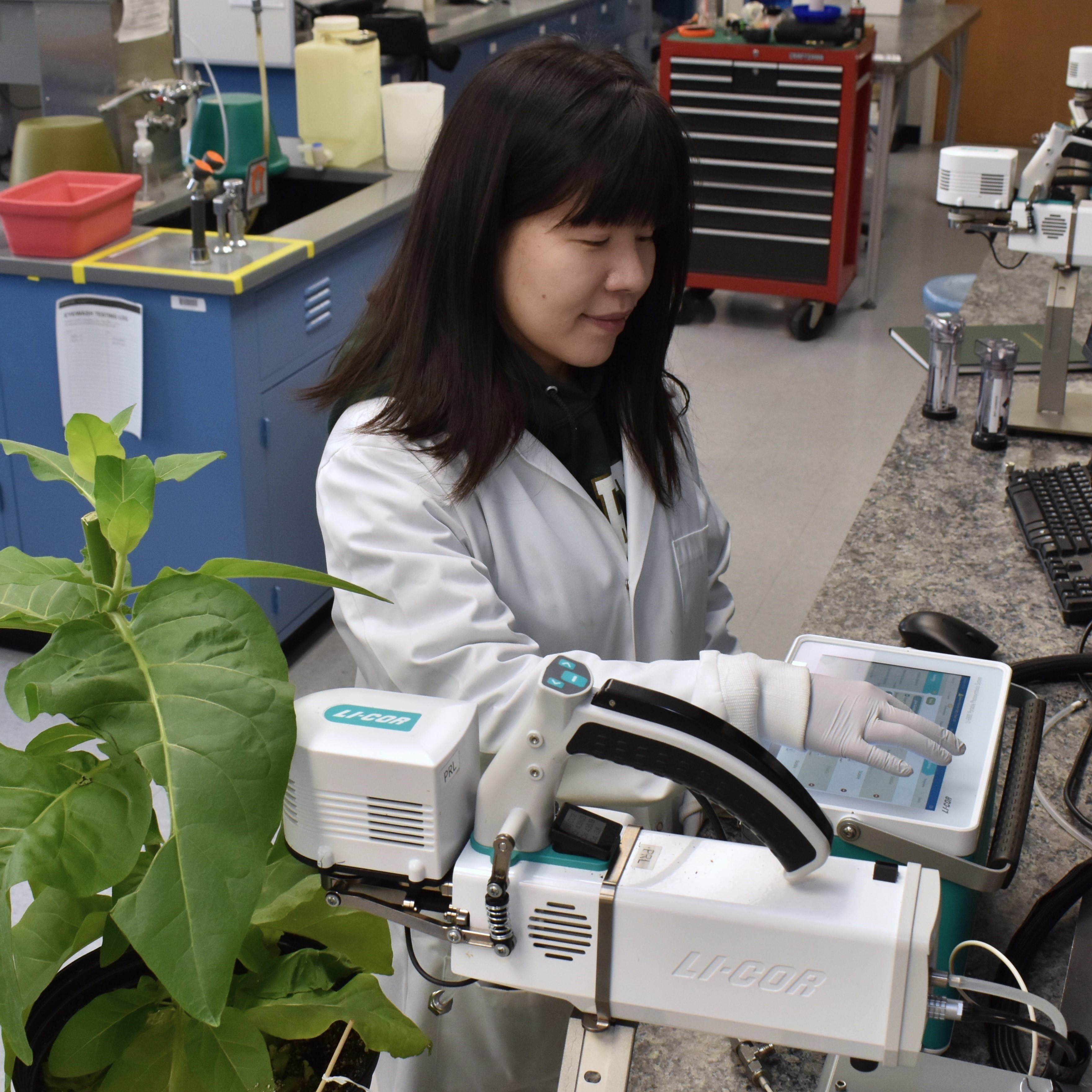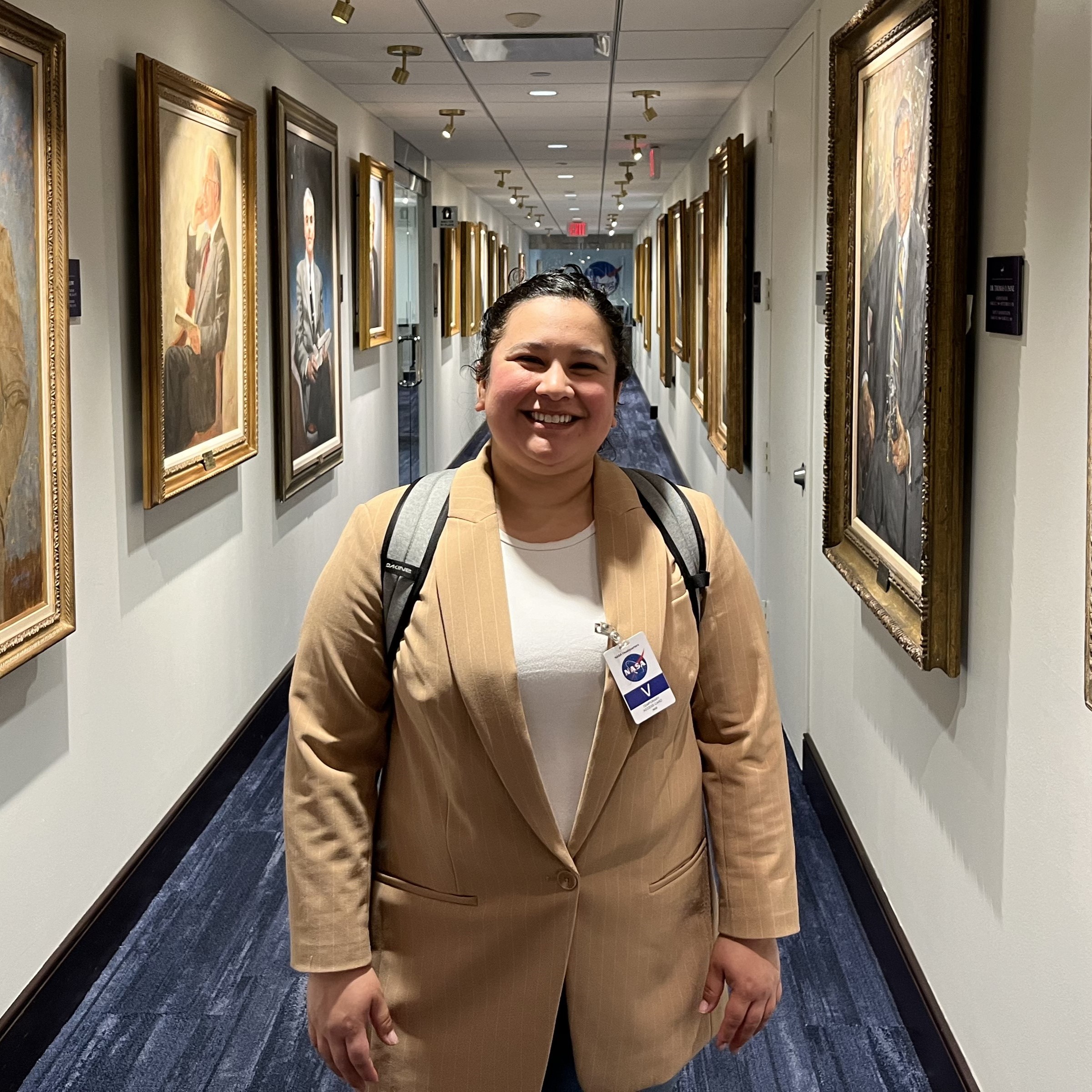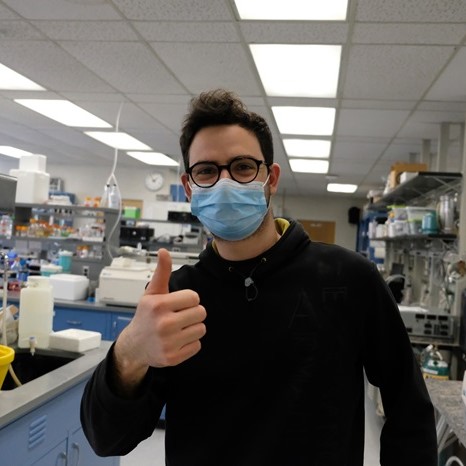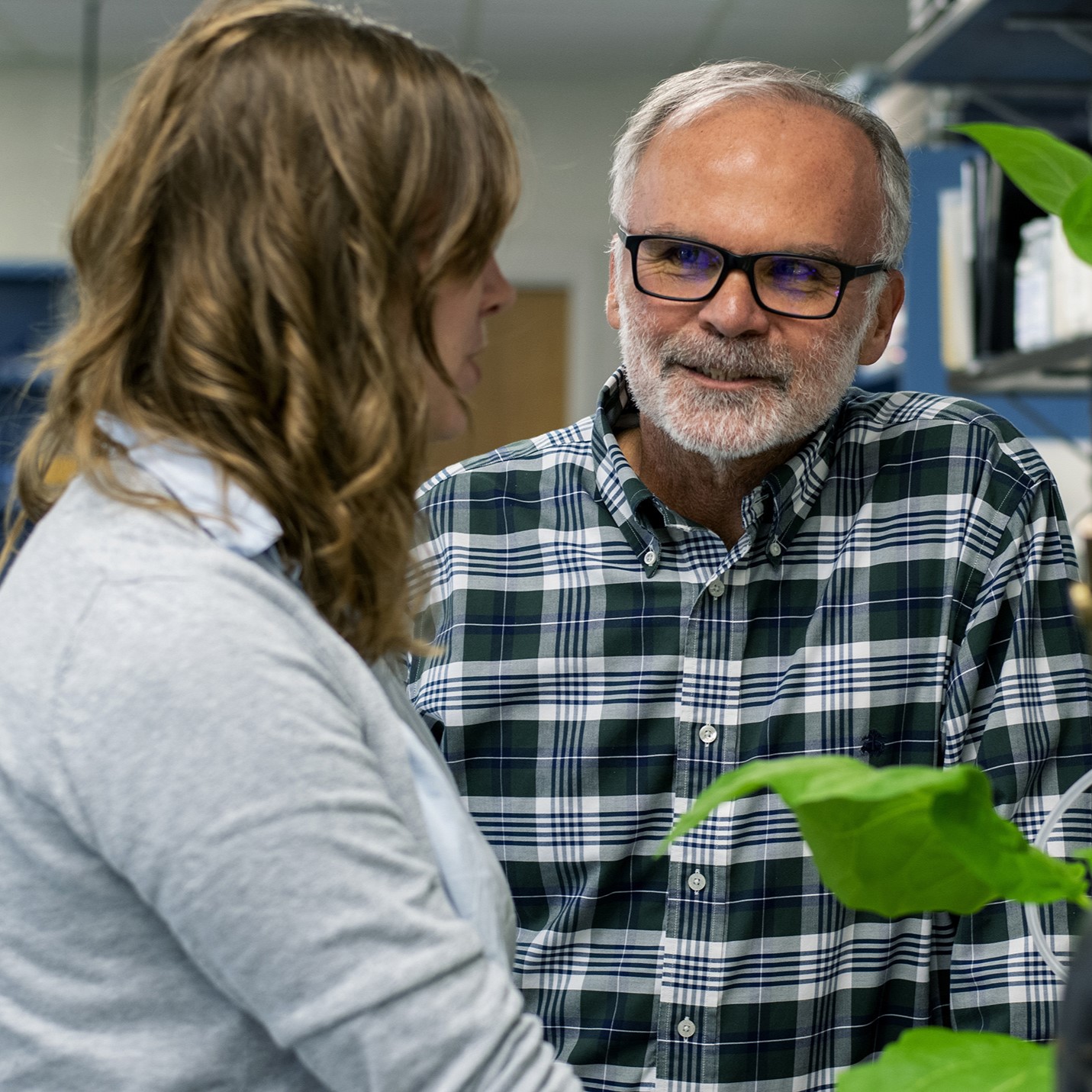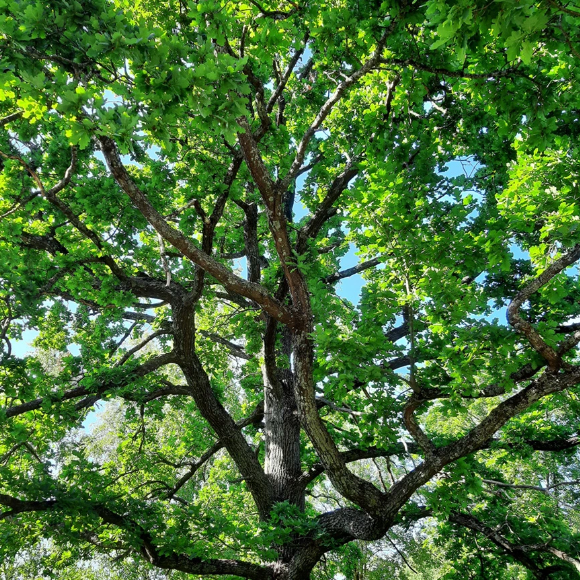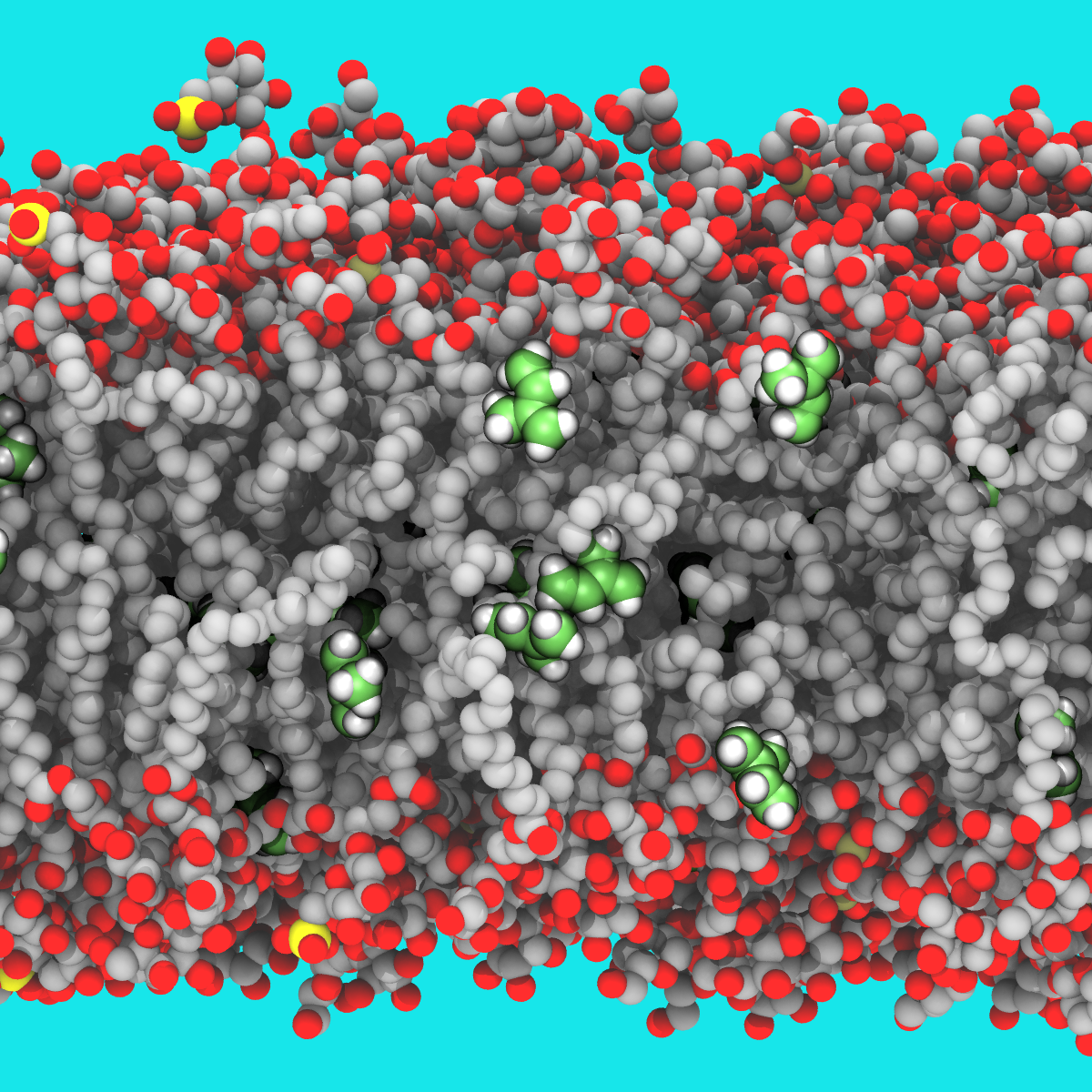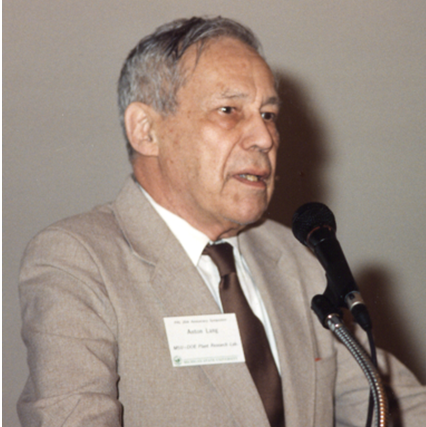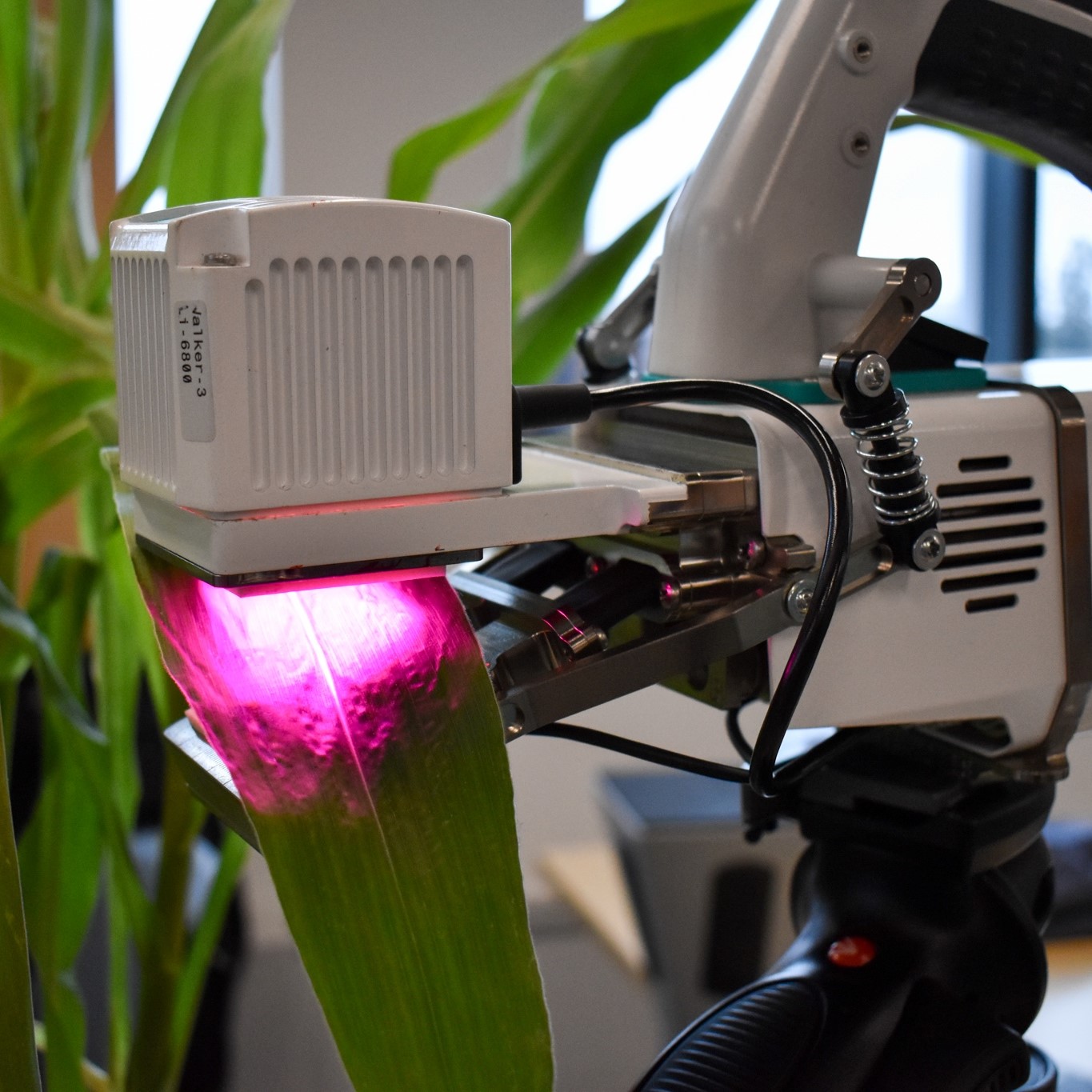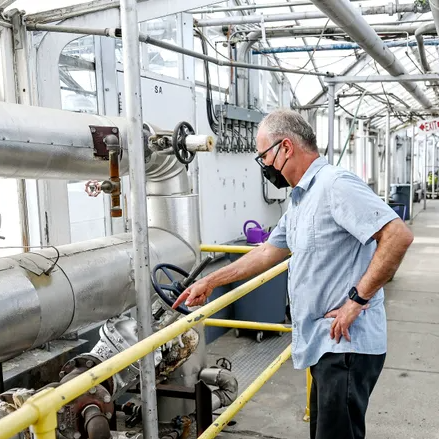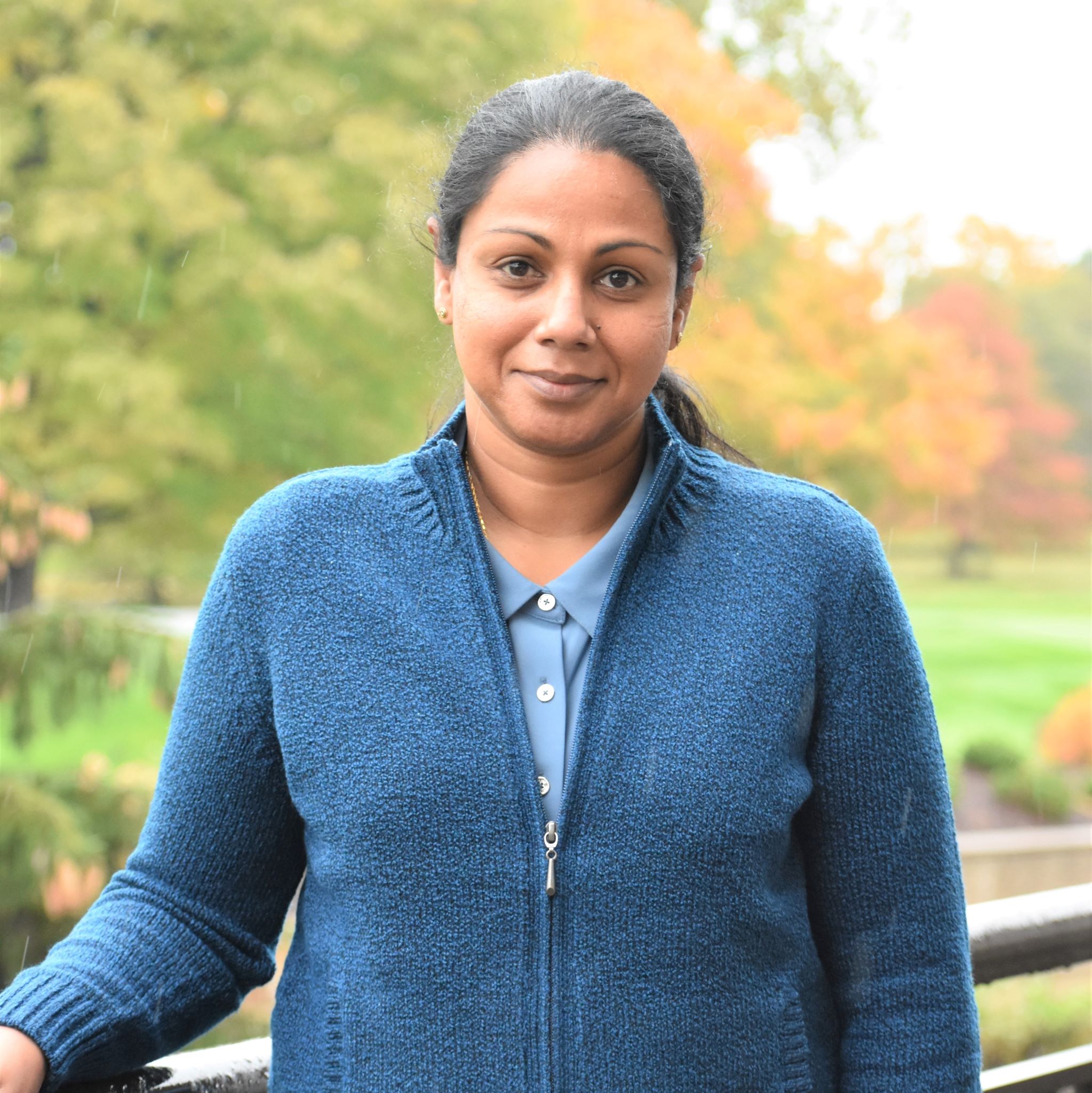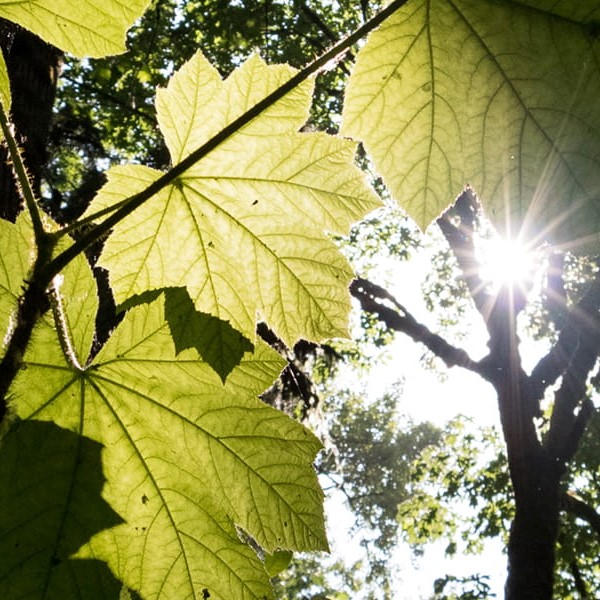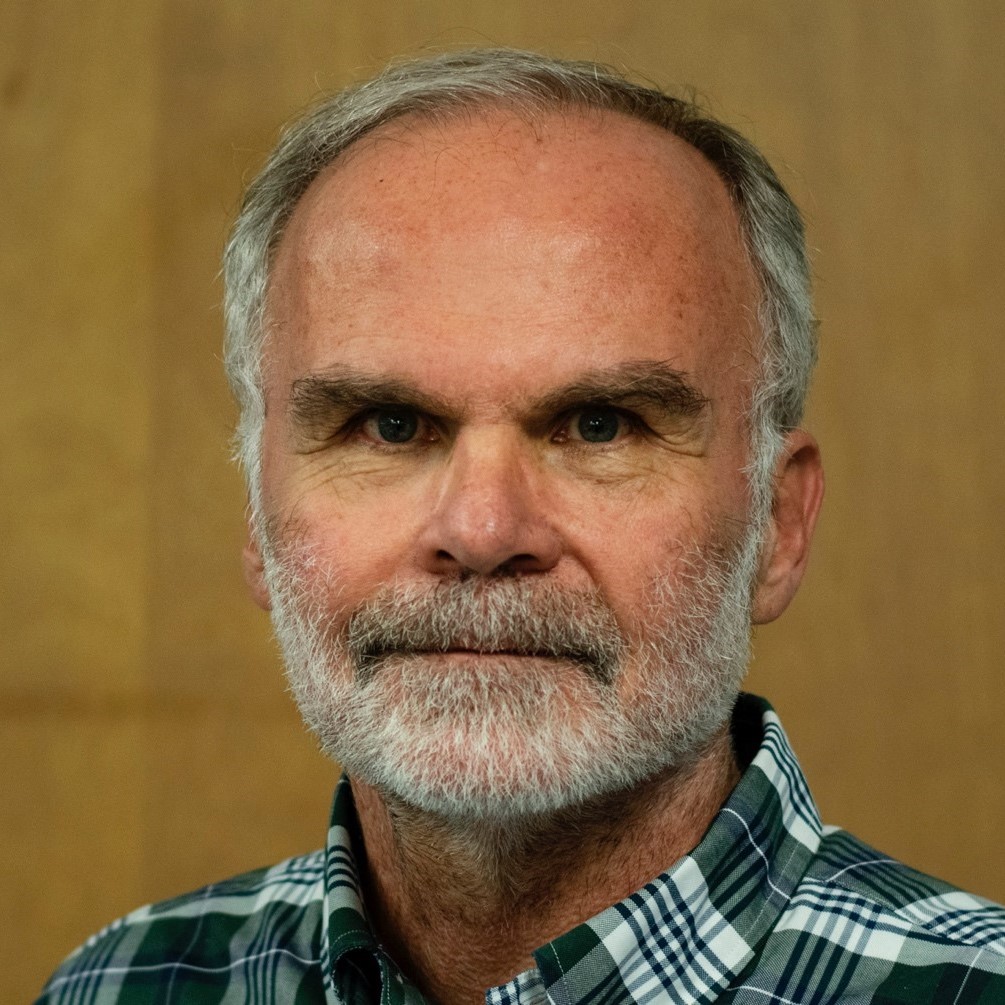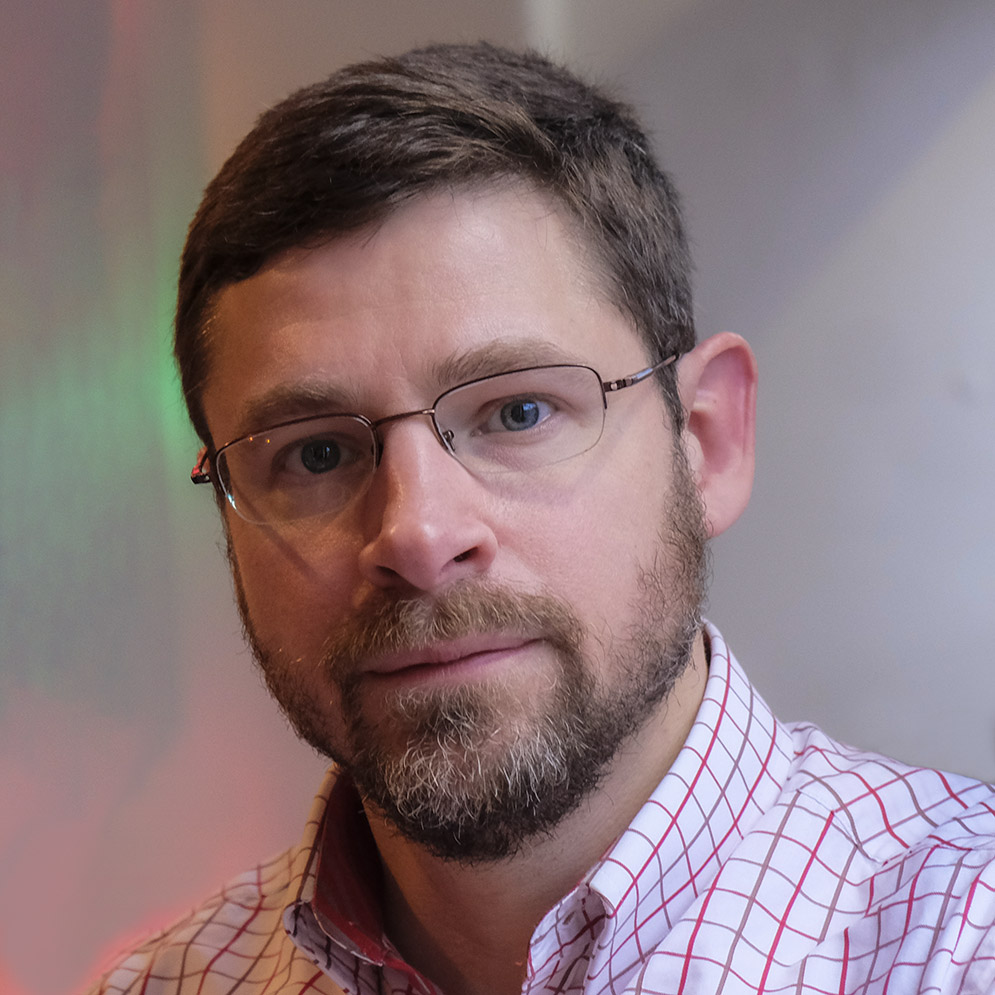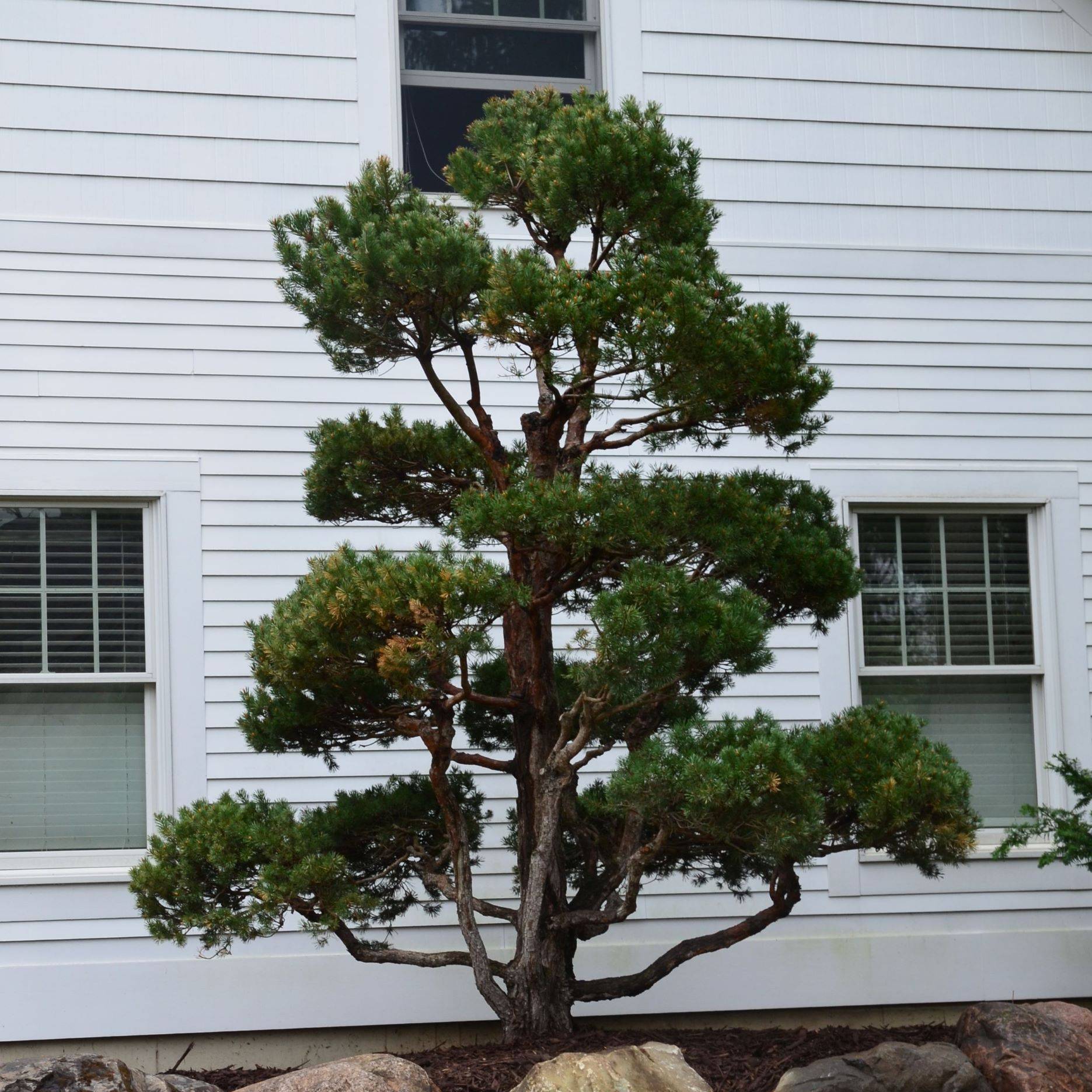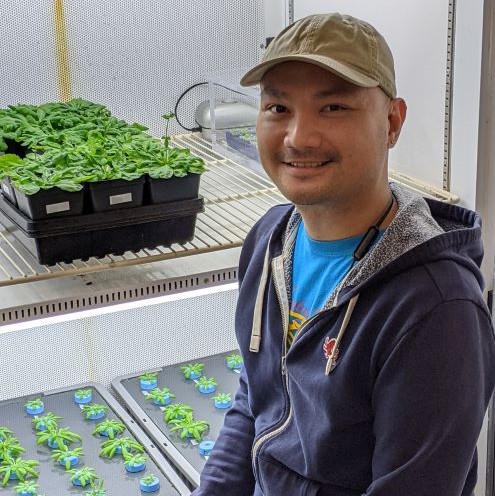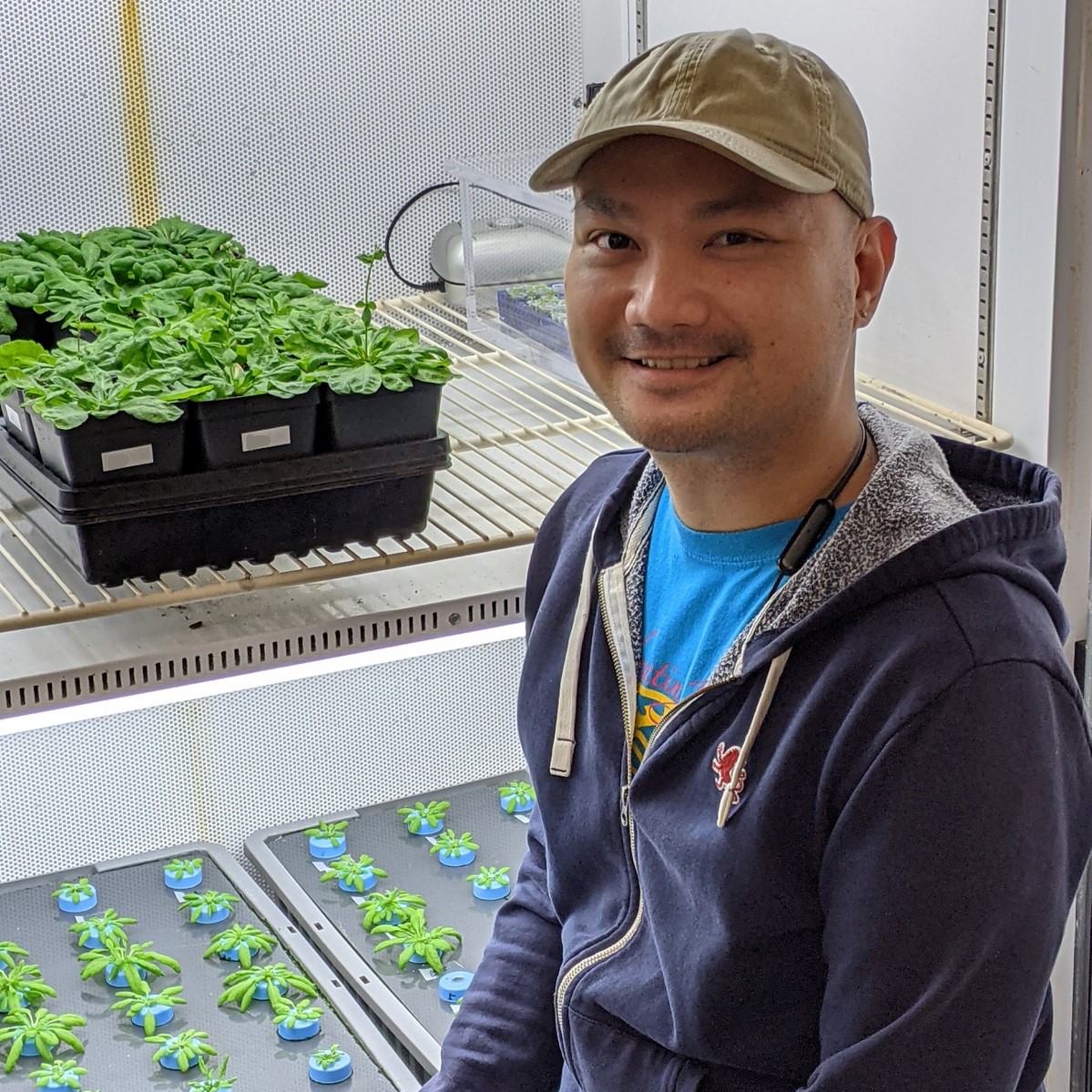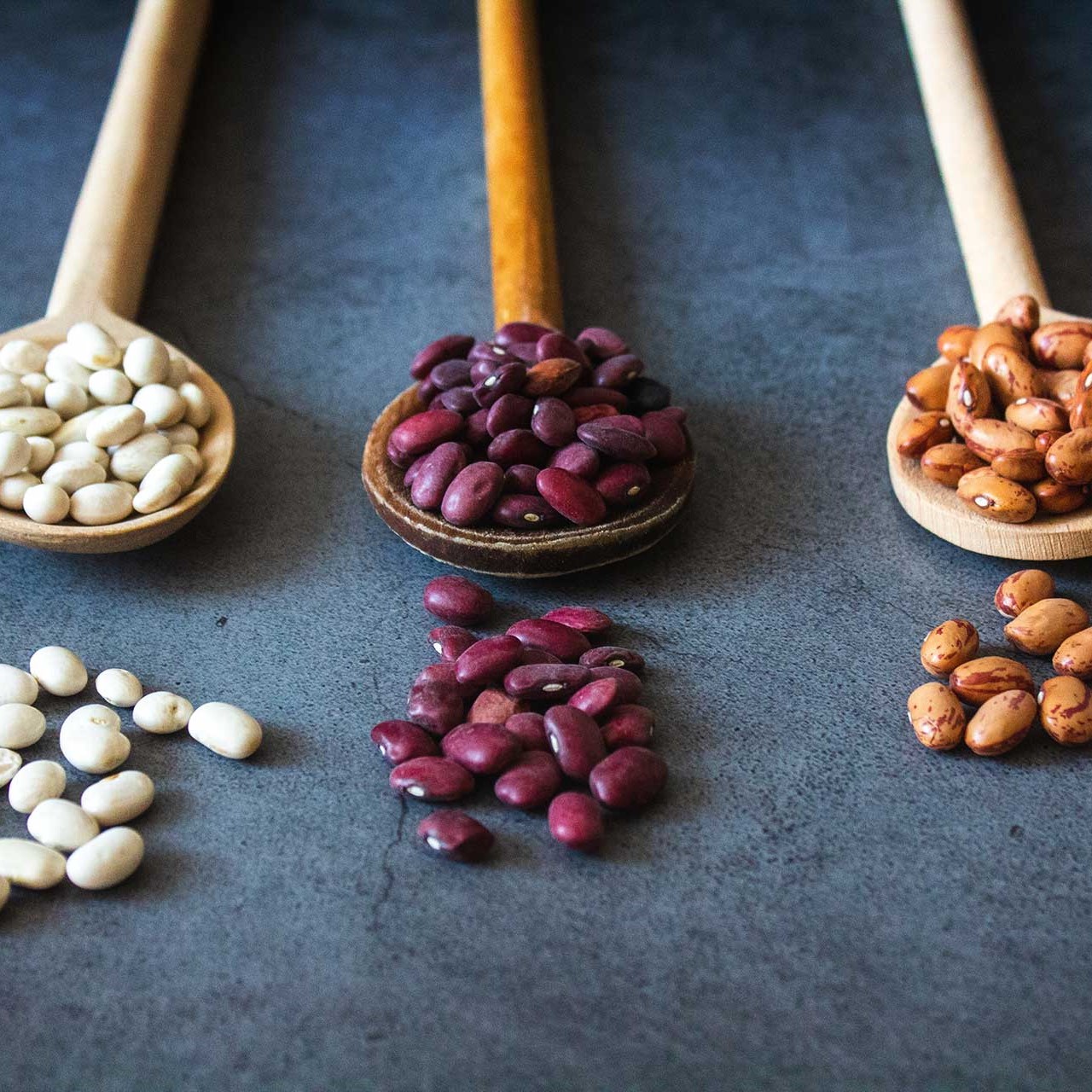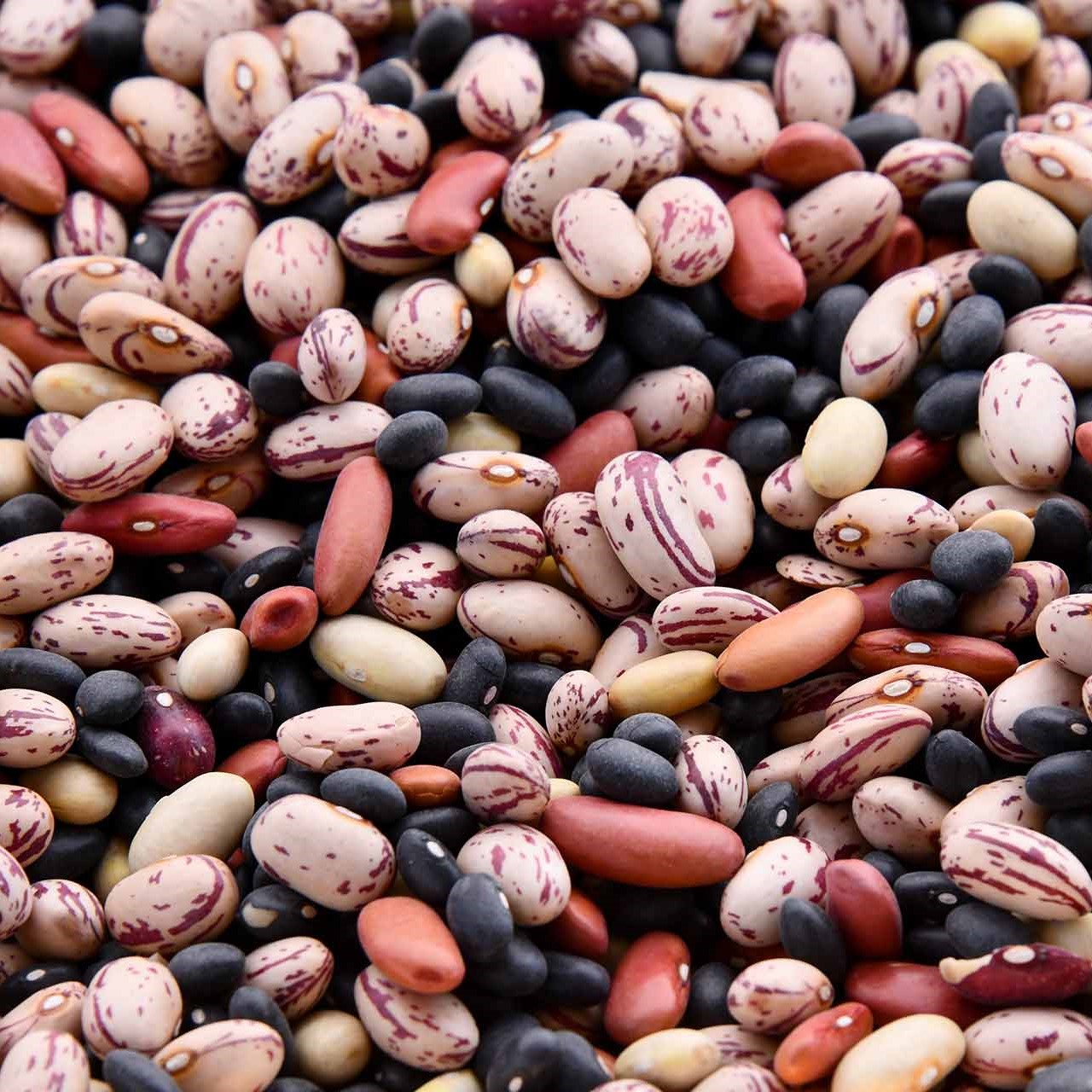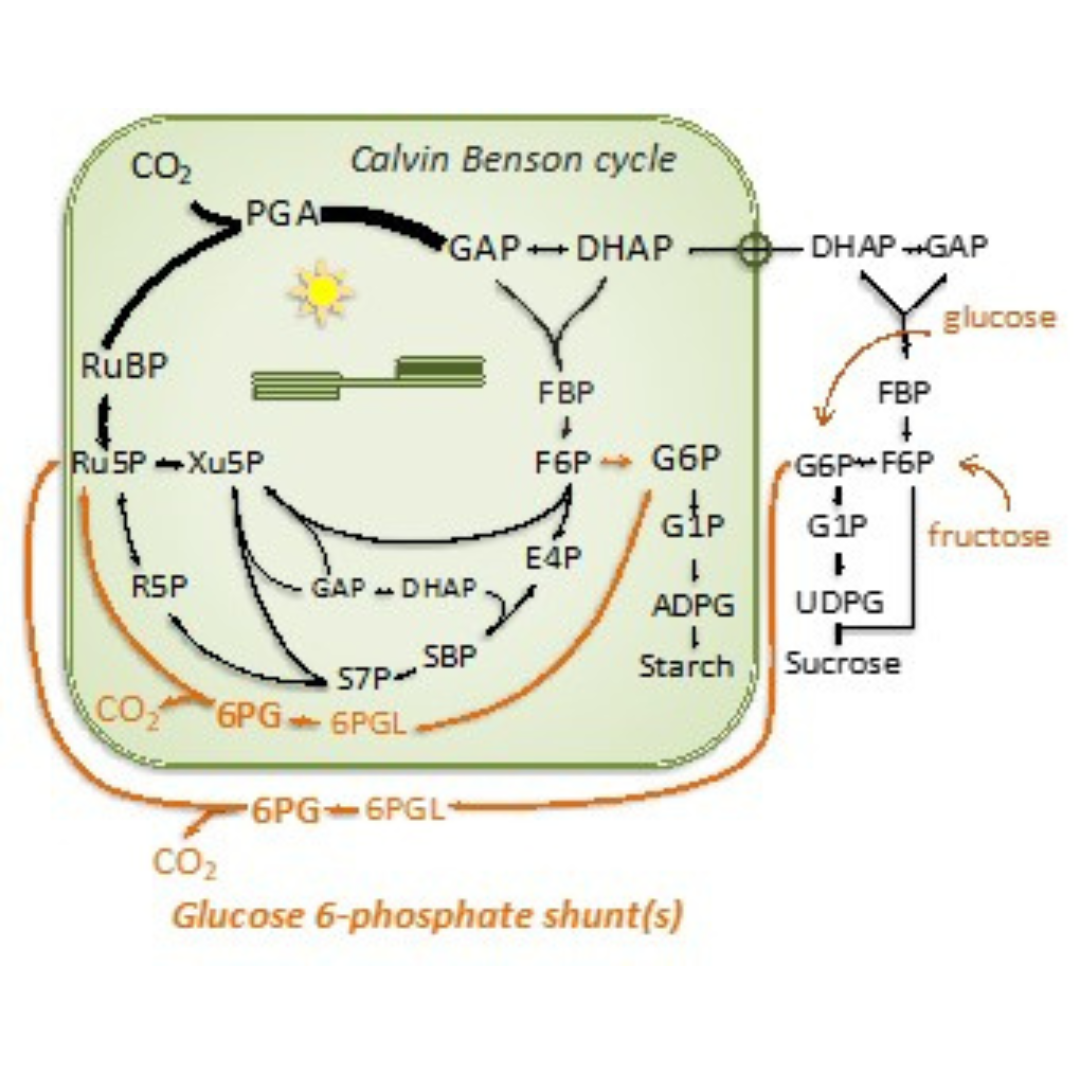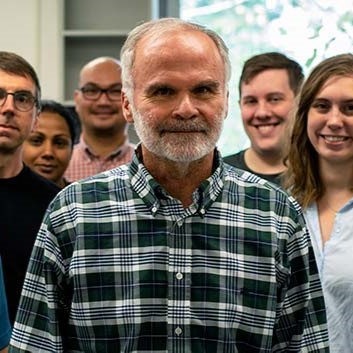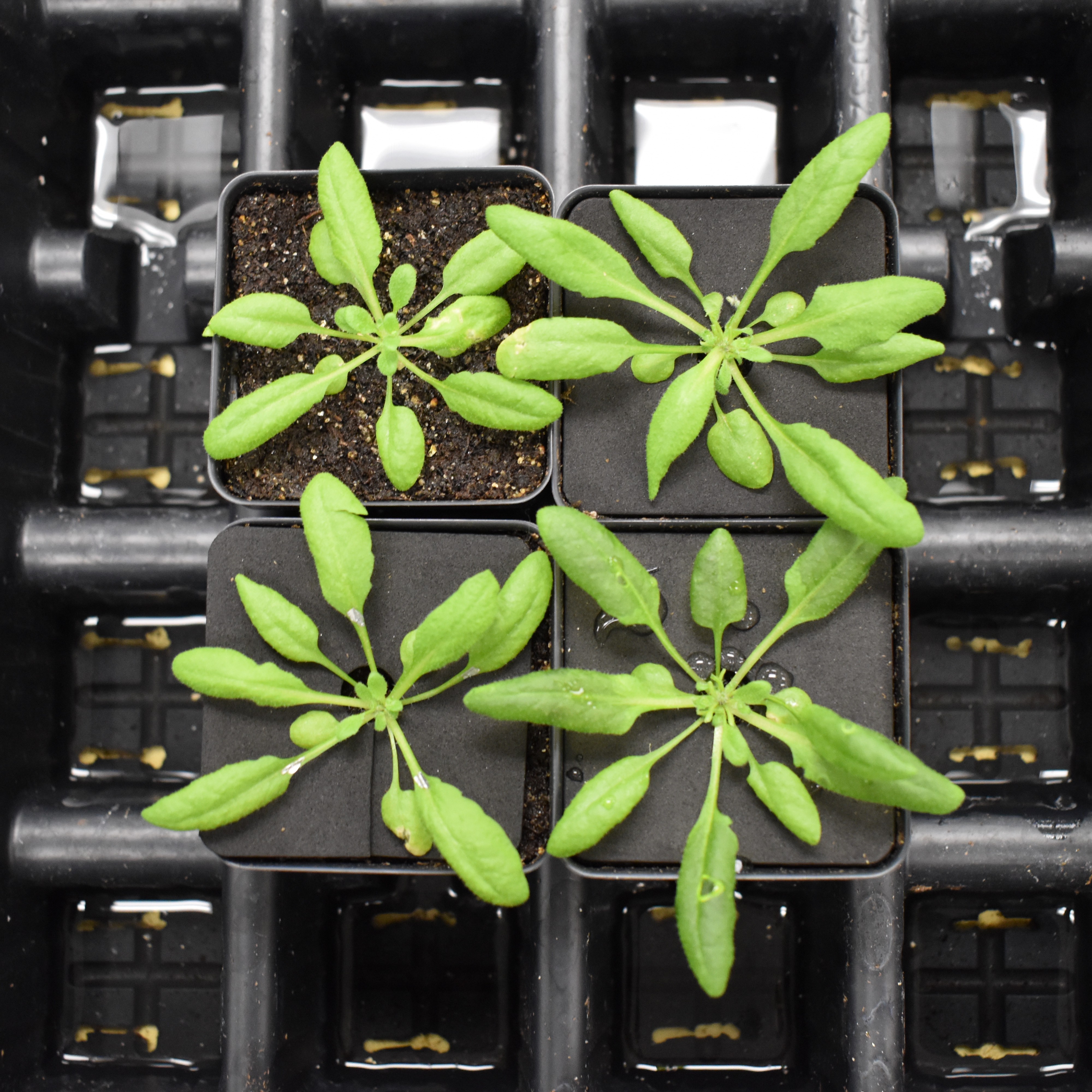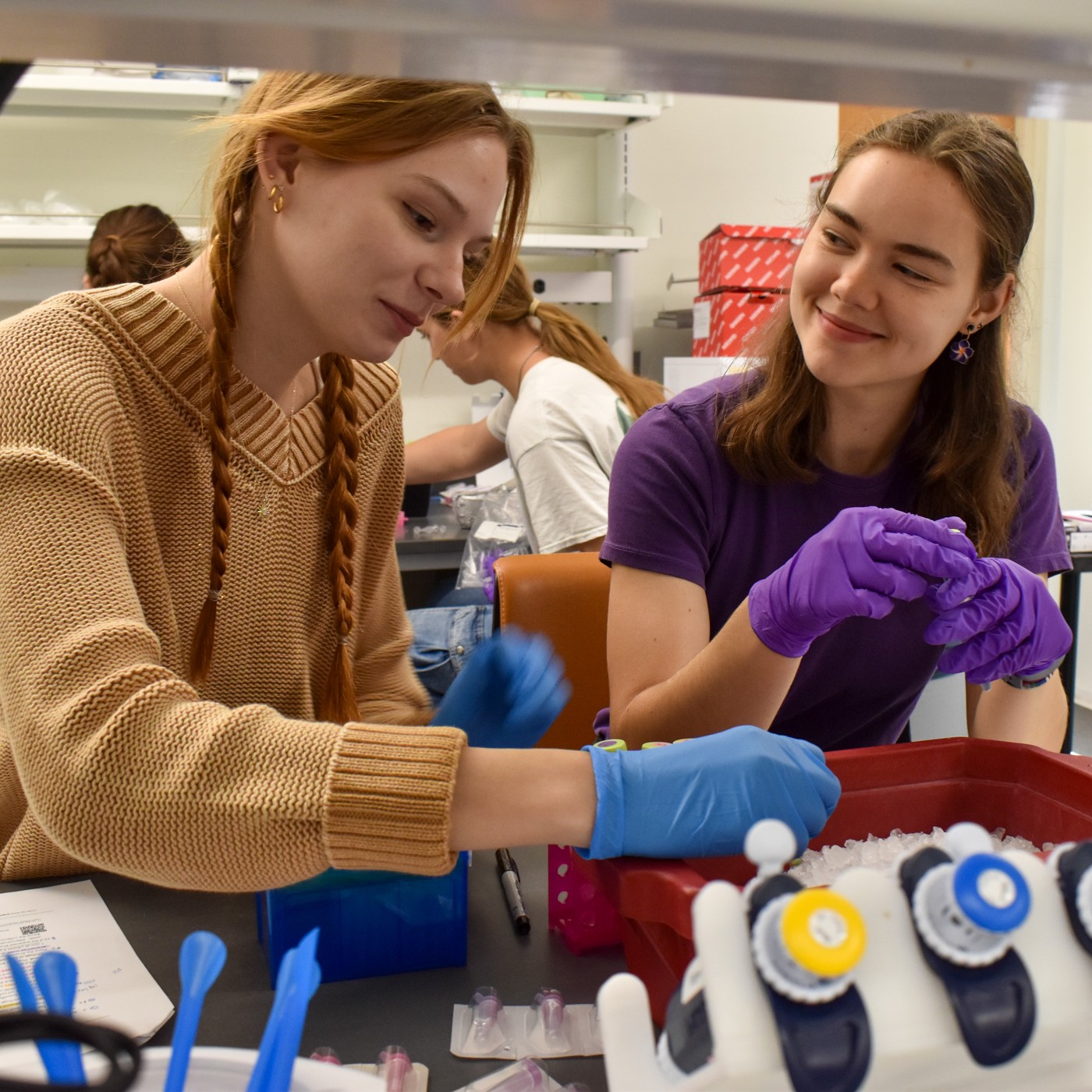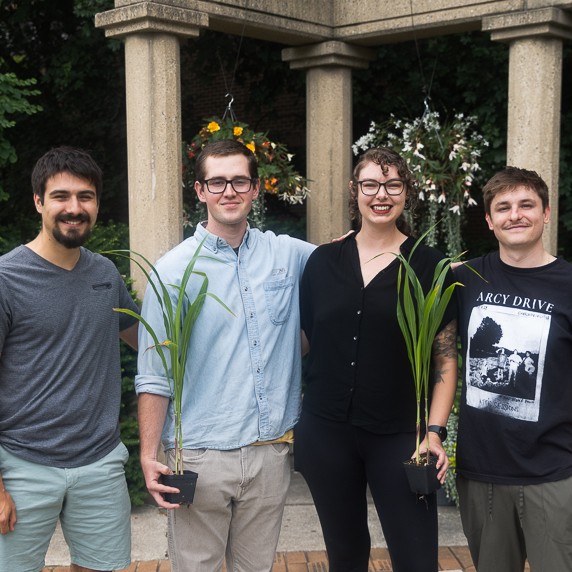News
July 7, 2025
Sharkey’s prolific career in the plant sciences spans continents and scientific topics, touching on the lives of many researchers who continue to work in the field today
March 11, 2025
Researchers in the MSU-DOE Plant Research Laboratory Sharkey lab are studying changes in plant metabolism that occur when plants are grown in high light, high CO2 conditions.
February 12, 2025
This past summer, graduate student Bianca Serda had the opportunity to participate in the Christine Mirzayan Science and Technology Policy Graduate Fellowship Program.
March 26, 2024
With a Traveling Fellowship from The Company of Biologists, PhD student Manuel Bellucci came to the PRL Sharkey lab from the University of Rome to study the protective role of isoprene.
November 9, 2023
WKAR's Megan Schellong spoke with Tom Sharkey, a professor of biochemistry and molecular biology at Michigan State University, to discuss his research findings on how plants store food for their future when they sense there's less daylight available.
November 2, 2023
The upcoming daylight savings time “fall back” may be a drag for many people — but new research from Michigan State University scientists reveals that plants have found ways to cope. In a paper recently published in the journal Plant Physiology, MSU College of Natural Science faculty members Tom Sharkey and Yair Shachar-Hill and their team demonstrate that plants have multiple fine-tuned systems to deal with varying day lengths, which, in turn, could help to develop new crop varieties that can grow in a wider range of climates.
October 5, 2023
Trees including oak and poplar will emit more isoprene — a compound that worsens air pollution — as global temperatures rise, according to new MSU research.
June 28, 2023
Environmental factors like temperature play a large role in how well a plant will grow and if it reaches its full potential. Using computer simulations, two lab groups at the MSU-DOE Plant Research Laboratory teamed up to investigate how isoprene levels and temperature affect the thylakoid membrane of plants at the nanoscale.
April 28, 2023
Graduate student Hannah Parks and postdoctoral researcher María Santos Merino have been awarded the 2023 Anton Lang Memorial Awards at a ceremony which took place on Monday, April 24, 2023. This year’s lecture was given by University Distinguished Professor Thomas D. Sharkey from Michigan State University.
April 10, 2023
Three groups from the MSU-DOE Plant Research Laboratory participated in the 2023 MSU Science Festival. The Community Building and Outreach Committee, the Vermaas lab and the Sharkey lab volunteered to bring PRL science to the public at the university’s annual festival.
September 21, 2022
Bianca Serda is a second-year graduate student in the Biochemistry and Molecular Biology and Molecular Plant Sciences programs here at Michigan State University. "I have learned that there are many resources available to help move my research forward, all I need to do is ask what is available for me and somehow, I find what I need."
August 10, 2022
Third-year graduate student Bianca Serda from the Sharkey lab attended two scientific conferences this summer: The Gordon Research Conference on Biogenic Hydrocarbons and the Atmosphere in June, and the American Society of Plant Biologists Plant Biology Conference in July.
July 17, 2022
The newest state budget includes more than $300 million in funding for Michigan State University, with more than $50 million supporting MSU agriculture improvements.
June 7, 2022
Research Assistant Professor Sarathi Weraduwage from the Sharkey lab at the MSU-DOE Plant Research Laboratory has accepted a new position as a tenure-track assistant professor at Bishop’s University in Sherbrooke, Quebec.
March 8, 2022
Spartan researchers reveal processes that keep a plant’s energy balance in check during changing conditions, which could lead to more efficient crops.
February 28, 2022
University Distinguished Professor Thomas D. Sharkey was named a Pioneer Member of the American Society of Plant Biologists (ASPB), a recognition given to leaders in the society, especially those who have been involved in training graduate students, postdocs and visiting professors.
February 3, 2022
Sean Weise, research assistant professor in the Sharkey lab at the MSU-DOE Plant Research Laboratory (PRL), is moving to the Department of Biochemistry and Molecular Biology to build and teach a new undergraduate class.
January 31, 2022
Whole-molecule carbon isotope ratios (13C/12C) enable assessments of plant carbon uptake yet conceal information about carbon allocation.
January 24, 2022
James Santiago, postdoc in the Sharkey lab at the MSU-DOE Plant Research Laboratory (PRL) has accepted a new position as a R&D plant physiologist at Soli Organic, a culinary herb company based in Harrisonburg, Virginia.
September 22, 2021
James Santiago, a postdoc in Tom Sharkey’s lab was awarded an internal grant of $88,000 from the PRI for research on heat-sensitivity in tomato anthers and pollen grains using single cell RNA-sequencing.
May 13, 2021
The study reports that the activity levels of the carbon metabolism protein, G6PDH, are related to decreased production of pollen in bean flowers. As global temperatures rise, some bean crops, including Michigan-grown varieties, might be more sensitive to higher heat levels.
August 31, 2020
The lab of Thomas D. Sharkey have characterized a sucrose transporter protein found in common beans. The recently discovered protein, called PvSUT1.1, could help us understand how beans tolerate hot temperatures.
August 25, 2020
Isoprene and photosynthetic metabolism labeling experiments provided evidence that glucose is recycled back into photosynthetic metabolism.
August 4, 2020
The four-year, $898,946 grant from the National Science Foundation will allow Sharkey to continue his research on the evolutionary pattern of the appearance and loss of isoprene emission among various land plants and the impact of these emissions have on the atmosphere.
